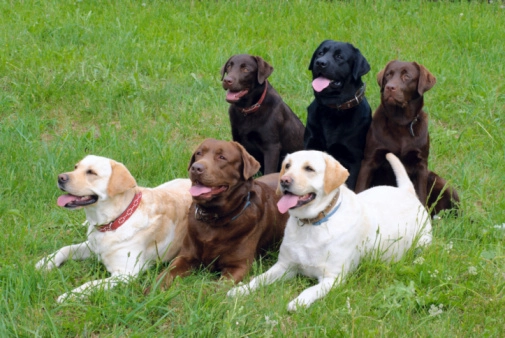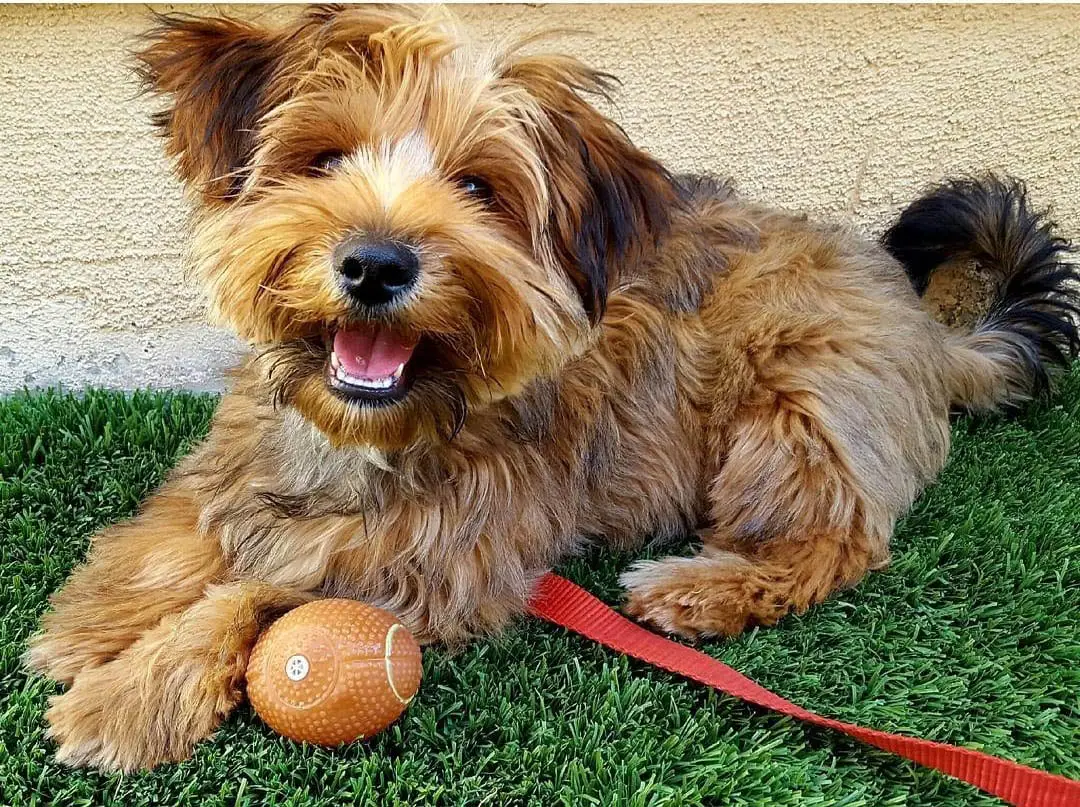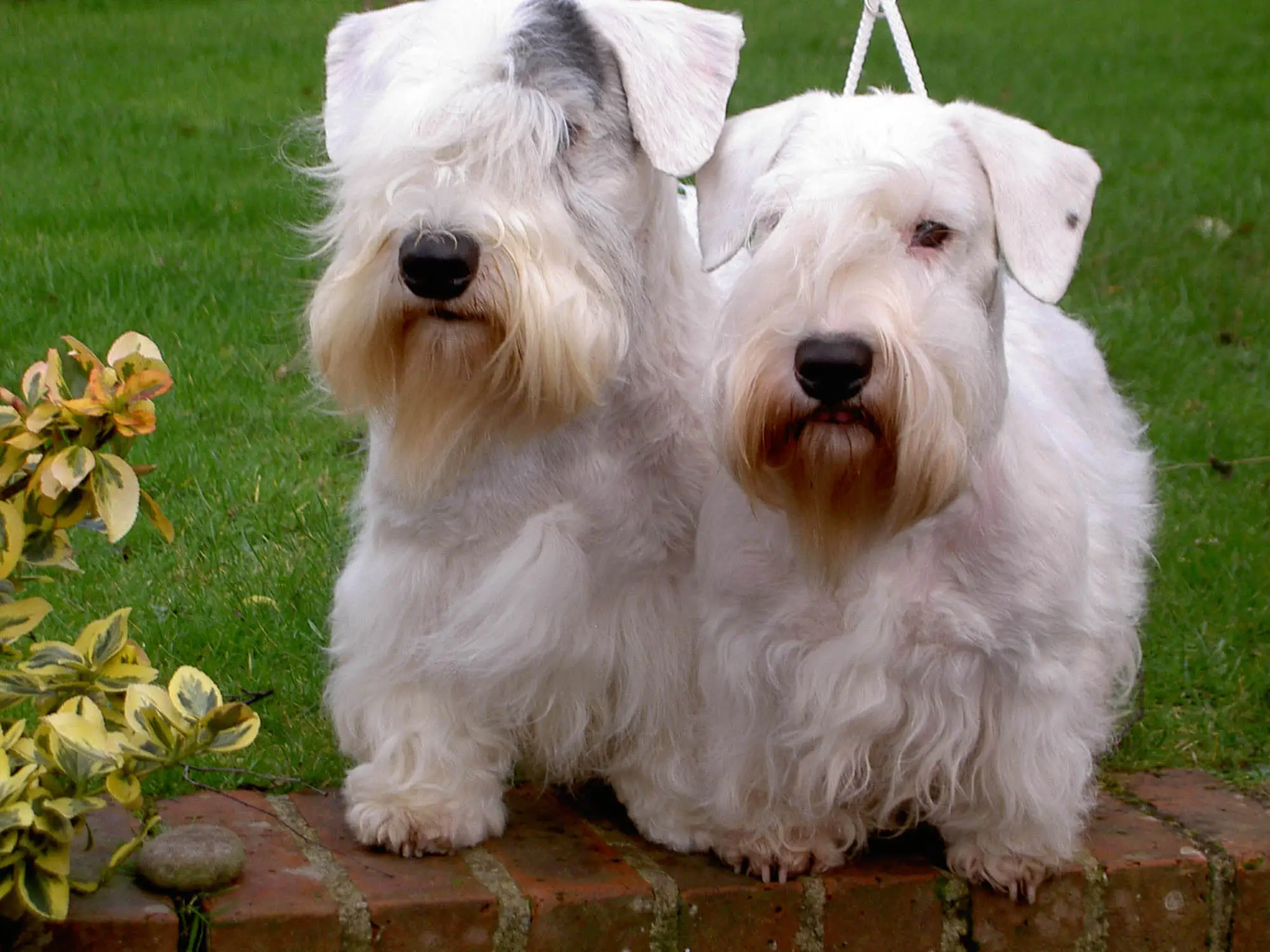Dental problems affect about 80 percent of pets including cats and dogs above three years of age. It is recommended by AAHA (American Animal Hospital Association) that dental cleanings should begin at the age of one. Regular cleaning is essential to minimize the risk of periodontal diseases.
Brushing their teeth is not an easy task, but it is an essential part of pet’s grooming schedule. By taking an active approach towards dog’s dental health, one can help to fight common problems plaque, bad breath, and tart.
Types of Dental Problems:
Gingivitis

Swelling of the gums due to bacterial plaque, but in this stage bone and the ligaments do not get affected. The color of the gums changes in color from coral pink to purple or red. Also, the edge of the gum inflames. When in contact with something, it starts bleeding. The common symptom is bad breath, but it can be reversed with proper care and cleaning, if left untouched it can lead to periodontitis.
Periodontitis
The term is generally used for a disease of the oral cavity. In this stage, the severity of the tissue damage increases and includes bone, ligaments, and gums. It is usually seen after a long time development of tartar, plaque, and gingivitis. The condition is irreversible and results in permanent tooth loss. Small dog breeds tend to suffer more than the larger breeds.

Tartar (Calculus)
Tartar is the combination of calcium phosphate and calcium carbonate with an organic mineral that gets deposited on the tooth surface.

Pyorrhea
Tooth sockets and gum inflammation that leads to teeth loosening followed by pus.
Plaque
The primary buildup material that sticks to tooth enamel. Plaque is a composition of salivary polymers, remnants of epithelial cells, bacteria and white blood cells. It can result in calculi build up, caries and periodontal disease.
Caries
Tooth area which leads to decalcification of the enamel resulting in cavities. It is very rare in dogs.
Symptoms of Periodontal Diseases:
- Increased Drooling
- Red, Swollen gums,
- Dropping food from the mouth
- Loss of weight or appetite
- Whining while eating
- Bleeding from the gums or mouth
- Discolored or loose teeth
Reason’s to care for Dog’s Teeth
Bad Breath
Regular brushing helps to minimize bad breath by removing the food particles and at the same time cleaning the entire oral system. Bad breath is also a symptom of the periodontal disease and inferior dental care.
Minimize Plaque buildup and remove tartar
Regular brushing removes plaque and tartar buildup. The tartar develops inside the mouth, and if not cleaned it can relocate to other parts of the mouth or the body where it can intensify and cause blockages affecting the joints and other organs. Additionally, regular brushing can help to minimize arthritis, heart problems, and other complications.
Bar Periodontal Disease
Periodontal diseases are the most well-known sickness affecting dogs. Brushing teeth not only cleans the tooth but also stimulates the gum. Bushing every day is the best way to assure that the pet will have healthy teeth in its adult years.
Save internal organs
Poor dental health will release toxins from oral diseases and will get absorbed in the dog’s bloodstream which can end up damaging kidneys, liver, and heart. Hence, it is essential to brush their teeth regularly to thwart bacteria from infecting and lethally damaging organs.
Life Span
Excellent dental care helps to increase the dog’s lifespan by indirectly protecting their organs minimizing periodontal diseases. Also, a healthy dog will be more lively and active throughout its life than an unhealthy one who will lie on the couch the entire day.
Difficult treatment
Periodontal diseases are hard to treat, and if one doesn’t catch these problems in its first stage, the gums will gradually get infected leading to oral pain and bleeding. However, the roots will also get severely affected which will result in loose teeth or falling of the teeth. Therefore it is much easier to prohibit the disease than to cure.
Tips To Treat Dental Health
Apart from feeding raw meat or whole food diet, there are specific ways to treat and prevent dental problems in pets.
Ozonated oil and Water
Ozone contains strong antibacterial properties that help to heal. These oils do not have great taste, but available in variety. This oil has a lengthy shelf life for more prolonged use. Owners can use this by only painting the oil on any of the teeth that have plaque.
Also, one can use ozonated water, by buying an ozone maker. One can use this water to flush the dog’s mouth or as drinking water.
Probiotic Supplement
It helps to create a healthful bacterial environment to reduce oral problems. Also, one can feed them with bone broth various times a week. Abundant minerals present it helps to strengthen gums and teeth.
Eggshell Toothpaste

Homemade eggshell toothpaste is a re-mineralizing paste that strengthens teeth and also helps to repair and prevent cavities.
Bee Propolis or Bee Glue
Bee glue or propolis is a sticky mixture which is produced by honey bees by mixing beeswax and saliva, collected from sap flowers, tree buds, etc. It has high healing properties, as it is antiviral, antiparasitic, antibacterial, etc. Using them can reduce cavities and keep up the oral health. Apply if it has a blister in its mouth, or to cover an open root.
Coconut Oil
Its antibacterial properties are excellent for gums. One can use it by wrapping the gauge around the finger and brushing dog’s gums and teeth with the oil rather than the toothpaste.
Aloe Vera
The gel of this plant is incredibly soothing. Owners can use a product without any additives or can use the direct gel by just breaking off the leaf from the plant. Use the gel directly on gums and teeth, if it suffers from any inflammation or pain.
Calendula
It is useable to treat and disinfect small wounds. This plant extract is antiviral, antibacterial, antifungal, it helps in soothing the mucous membrane. It heals the skin naturally and quickly; people use it to cure gingivitis. Dilute some calendula in spring water and apply on the area.
Homeopathy Remedies

These medicines are preferable to reduce cavities in human beings, which helps for pets too. Medication like Calcarea fluorica 6X and Calcarea phosphoric 6X. Mix these tablets with spring water and not with tap water and give it to the pet for preferably a month to bolster bones, teeth and also hinder tooth decay.
Check their mouth once a week to catch up with the problems. Brush them regularly to avoid calculus formation. During their puppy days massage their gums like an initiation of brushing teeth. Use treats to associate them with brushing. Always use canine toothpaste for brushing. Bacteria reduction can be done not only through regular brushing but also, with a proper diet and by using chew toys.
If any problem arises immediately visit a vet. Remember dental exams include a thorough examination of the head, face, neck, etc. Verification of intraoral structures like teeth, soft tissues is done after other tests. It helps a vet to recognize the problems like periodontal diseases, broken teeth or tumors.
.png)










